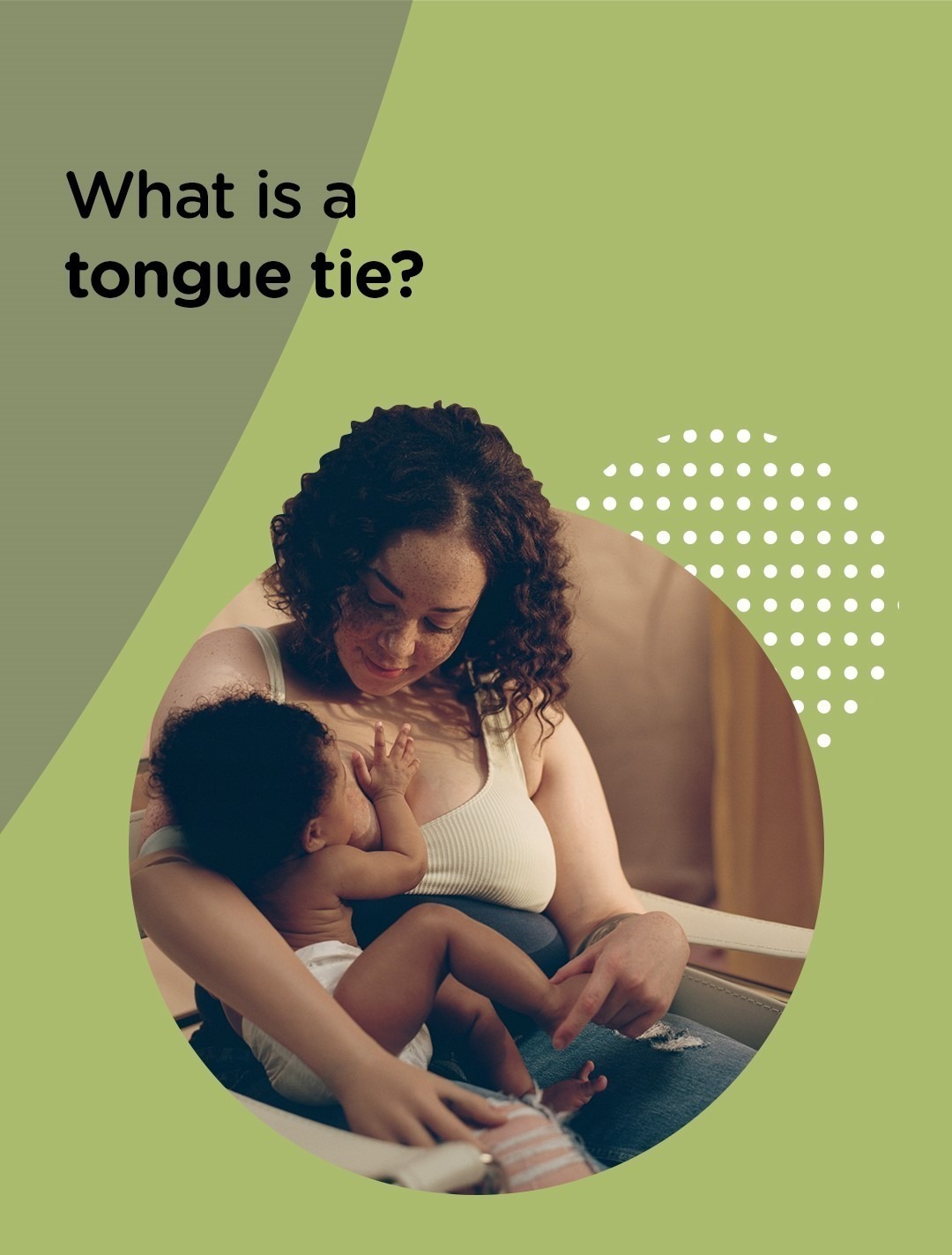When babies hit the six-month mark, it’s time to start introducing them to solid foods – goodbye whizzed mush, hello finger food!
This stage can be super exciting and fun for everyone involved, but also a little daunting if you’re worried about allergies.
The truth is some babies have a particular food allergy and others don’t. Some parents find extra reassurance in keeping a food and symptom diary. If you’ve got a family history of allergies, eczema, asthma, or hay fever, you may need to be a little more cautious introducing new foods.
What foods are most likely to trigger an allergic reaction?
Allergy & Anaphylaxis Australia advises that these food types are the ones to watch…
- Cows’ milk
- Eggs
- Foods that contain gluten
- Nuts and peanuts
- Seeds
- Soya
- Shellfish
- Fish
You should try to introduce these foods one at a time in very small amounts and with a gap of three days in between each new food so that you can spot any allergic reactions early on. Once they’ve been introduced to and tolerated by your little one, you can then make them a consistent part of their meal plan rotation.
It’s important to note that if your baby already has an allergy, such as a diagnosed food allergy or eczema, you should talk to your GP or health visitor about how to manage their diet.
If you think that your baby is having an allergic reaction, always seek medical advice as soon as possible and cut out the particular food until you’ve spoken to a dietary specialist.
What’re the signs of an immediate food allergy?
- A flushed face, hives, a red and itchy rash around the mouth, tongue, or eyes that can spread across the entire body.
- Mild swelling, particularly of the lips, eyes, and face.
- A runny or blocked nose, sneezing, and watering eyes.
- Nausea or vomiting, tummy cramps, and diarrhoea.
- A scratchy or itchy mouth and throat.
The symptoms of a severe food allergy
These are known as anaphylaxis and require urgent medical attention. They include…
- Wheezing or chest tightness.
- Swelling of the tongue and throat, restricting the airways.
- A sudden drop in blood pressure (called hypotension) leading to shock.
- Dizziness, collapse, or loss of consciousness.


